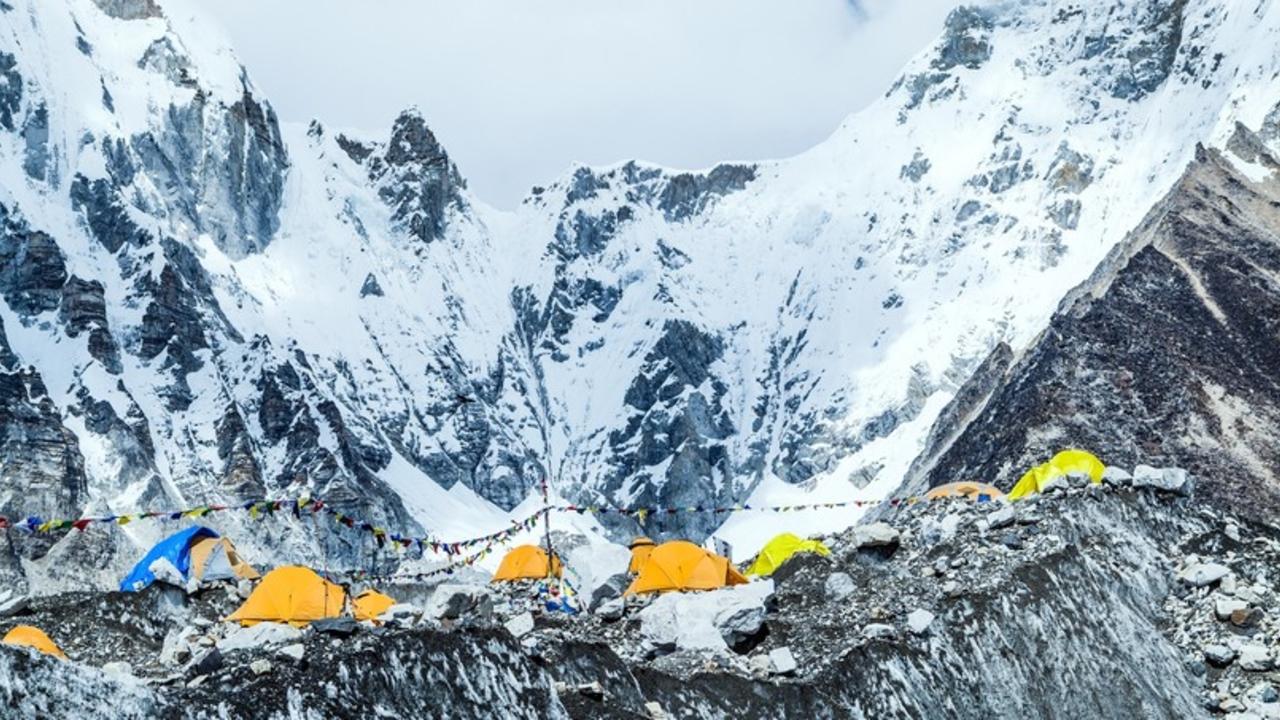
Knowing When to Quit by Amitabh Ray
Jun 24, 2019On May 22, 2019, Mount Everest saw a traffic jam as 300 mountaineers made it to the summit that day, creating a traffic jam, a picture of which went viral the next day. German alpinist, David Gottler, was not among those who summited. He was just 200 meters from the peak when he turned back. David was also among the lucky ones. This spring, the Everest climb saw 21 mountaineers die while attempting to scale the world’s highest peak – the highest number to die so far!
Why did he turn back despite being an experienced climber who had already conquered five of the 14 different 8000m peaks on Earth, reaching the summits of Gasherbrum II (8035m), Broad Peak (8051m), Dhaulagiri (8167m), Lhotse (8516m) and Makalu (8481m), as well as ascending to 8200m on K2 (8611m)? He took a crucial decision. That day that the risks were way too much to attempt to summit despite being so close.
His experience told him that the crowd trying to reach the peak would make him wait for his turn which could prove fatal as above 26,000 feet you are in the death zone when there isn’t enough oxygen for humans to breathe. The summit of Mount Everest is 8,848 meters (29,029 feet) high, an elevation at which each breath contains only one-third of the oxygen found at sea level. And David was a purist who was climbing without supplemental oxygen.
At only 200 meters from the peak David took perhaps the most sensible and courageous decision of his life – to give up the climb and come down. He didn’t win the mountain that day, but he won over his ego. Only a man without an ego can decide when to give up and when to clench your teeth and push on regardless.
All our lives we have been constantly told by motivational speakers and others, never to give up and yet here was an experienced mountaineer who simply says that making it to the peak is not all that matters, when even the less experienced ones were summiting that day.
There were many who went up that day, but in the process exhausted their oxygen supplies while waiting for the queue of other mountaineers to clear up before they could summit. Some of them ran out of oxygen on the way down and died. The true climbers respect the mountains and as Sir Edmund Hillary, the first man to set foot on Mount Everest said; “Human life is far more important than just getting to the top of a mountain.” There are climbers who climb to enjoy the view and not always to plant a flag on the peak. Sometimes in our lives it is more important on how we enjoy living than how “successful” we are in the eyes of others or even ourselves. Quitting takes a lot of courage and sometimes only the wise can give up even when success seems so near. They always ask themselves: What is the cost of winning? Is it worth to scale the summit?
 Hazel - Mount Everest, November 2017
Hazel - Mount Everest, November 2017
The above article by Amitabh Ray is thought-provoking for me. As someone who is insistent on doing my best in life, the idea of knowing when to quit is a complicated one. Sometimes it looks like it is time to “cut bait” and run when I am not getting the result I want, but when I have invested a lot of time, money, and/or energy into something, it can be hard to turn back. I feel cheated or like I gave in too soon.
What I love about Ray’s take is how he shines a light on the role of ego and how it can cause us to make huge unnecessary sacrifices and take dangerous risks. We all want to avoid regretful situations.
Maybe it is the word “quit” that is hard. The result would be the same if we looked at not “climbing the mountain” as stepping back and changing the strategy to one that is more likely to end in success. Either way, it takes courage to be adjustable and to act from the heart rather than from the mind.


